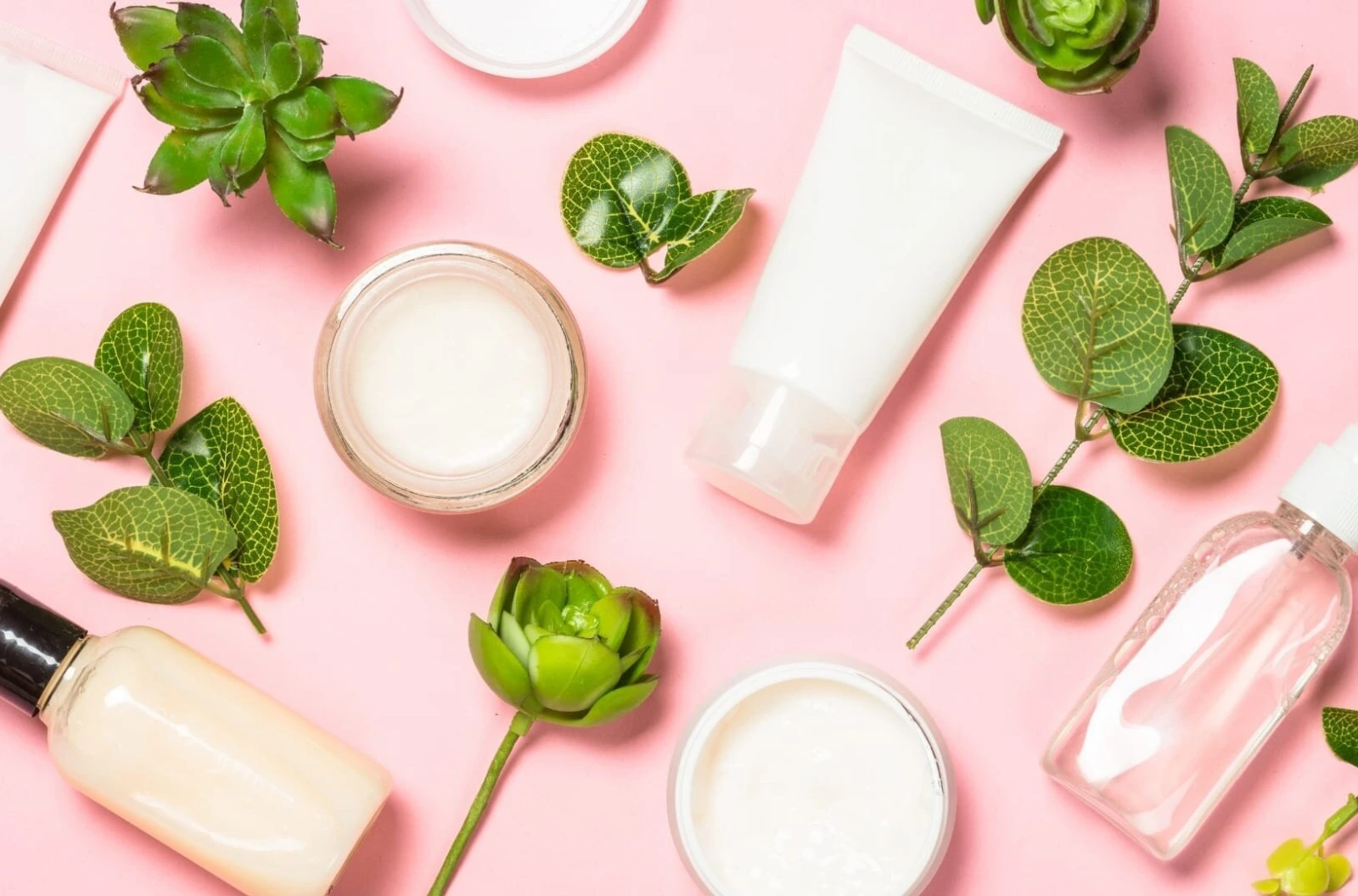TABLE OF CONTENTS
TABLE OF CONTENTS
Introduction
Phenyl trimethicone in cosmetics is a powerhouse ingredient that often goes unnoticed by consumers, but formulators know its value. Used in moisturizers, serums, makeup, and haircare, this silicone-based compound significantly improves texture, enhances performance, and supports long-lasting effects. With increasing demand for smoother finishes, non-greasy textures, and breathable wear, phenyl trimethicone has become a staple in both mainstream and premium beauty products.
But is it safe? And why do so many cosmetic brands include it? In this article, we explore what makes phenyl trimethicone in cosmetics not just effective—but essential.
Definition
Phenyl trimethicone is a type of silicone, technically classified as an organosiloxane, composed of a silicon-oxygen backbone with phenyl groups attached. These structural modifications give it a luxurious, lightweight, and silky feel when applied to the skin or hair. Unlike heavier silicones, it spreads smoothly and dries without a greasy residue.
Its primary function? To enhance the feel, finish, and performance of cosmetic products—making them easier to apply, longer-lasting, and more comfortable to wear.
Key Benefits of Phenyl Trimethicone in Cosmetics
1. Improves Texture and Spreadability
One of the key phenyl trimethicone uses in cosmetics is to improve texture. Whether it’s a serum, foundation, or primer, this ingredient helps the formula glide across the skin effortlessly. Its low viscosity makes it suitable for thin, fluid formulations that don’t pill or feel sticky.
Diphenylsiloxy phenyl trimethicone in cosmetics—a variant with even more phenyl content—offers similar benefits with enhanced shine and film-forming properties, often used in high-performance formulations like long-wear makeup and lip gloss.
2. Enhances Moisture Retention
Phenyl trimethicone forms a thin, breathable film on the skin that helps retain moisture without clogging pores. It acts as a barrier to prevent transepidermal water loss, making it a useful addition to hydrating products like moisturizers, eye creams, and serums.
Unlike occlusive agents like petrolatum or heavy dimethicone, it’s non-comedogenic, making it ideal for sensitive, oily, or acne-prone skin types.
3. Boosts Shine in Haircare Products
Another significant benefit of phenyl trimethicone in cosmetics is in haircare. Its film-forming ability coats the hair shaft, smoothing cuticles and adding shine without buildup. It’s a key ingredient in leave-in conditioners, heat protectants, and anti-frizz sprays.
ingredient in leave-in conditioners, heat protectants, and anti-frizz sprays.
Because of its non-greasy nature, it’s particularly popular in lightweight styling products that aim for natural-looking shine and manageability.
4. Extends Wear Time in Makeup
Phenyl trimethicone contributes to longer wear in products like foundations, concealers, BB creams, and primers. It helps pigments and actives adhere better to the skin, reducing the need for frequent reapplication.
Its high refractive index gives the skin a soft-focus, blurred finish—minimizing the look of fine lines and pores without clogging or heaviness.
5. Provides a Non-Sticky Finish
Despite being oil-like in consistency, phenyl trimethicone leaves no sticky residue. This makes it valuable in formulations designed for a smooth, dry-touch feel—such as mattifying sunscreens or setting sprays.
Even in richer creams or lipsticks, it helps maintain comfort and prevents product migration or feathering.
Is Phenyl Trimethicone Safe for Skin?
Yes. Phenyl trimethicone in cosmetics has been extensively reviewed by regulatory bodies like the FDA and the European Commission. It is classified as non-toxic, non-irritating, and safe for use in personal care products. Scientific reviews have shown it to be well-tolerated by most skin types, including sensitive skin.
However, as with any cosmetic ingredient, patch testing is recommended—especially for those with a history of silicone sensitivity or skin allergies.
How to Use It Safely
To get the most benefit from products with phenyl trimethicone, follow these simple guidelines:
- Choose the Right Product: Look for formulations that match your skin or hair type. If you have oily skin, opt for products where phenyl trimethicone is lower on the ingredient list.
- Cleanse Thoroughly: Use a gentle cleanser to remove any product residue and prevent buildup—especially important for daily wear cosmetics or haircare.
- Patch Test New Products: Apply a small amount to your inner forearm before full-face or scalp application.
Related Ingredient Spotlight
Check out our silicone-based products to explore high-performance ingredients like phenyl trimethicone and its shine-enhancing derivative, diphenylsiloxy phenyl trimethicone, in cosmetics—ideal for serums, glosses, and more
Conclusion
Phenyl trimethicone in cosmetics is more than just a texture enhancer—it’s a safe, high-performance ingredient that improves the application, feel, and effectiveness of your favorite beauty products. Whether you’re looking for a weightless primer, a shine-boosting hair serum, or a moisture-retaining moisturizer, chances are this silicone is quietly doing the heavy lifting.
As beauty trends continue to shift toward performance with comfort, phenyl trimethicone remains a reliable and essential choice for formulators and consumers alike.
Frequently Asked Questions (FAQs)
No schema found.
Contact Us
Questions or looking for a quote?



